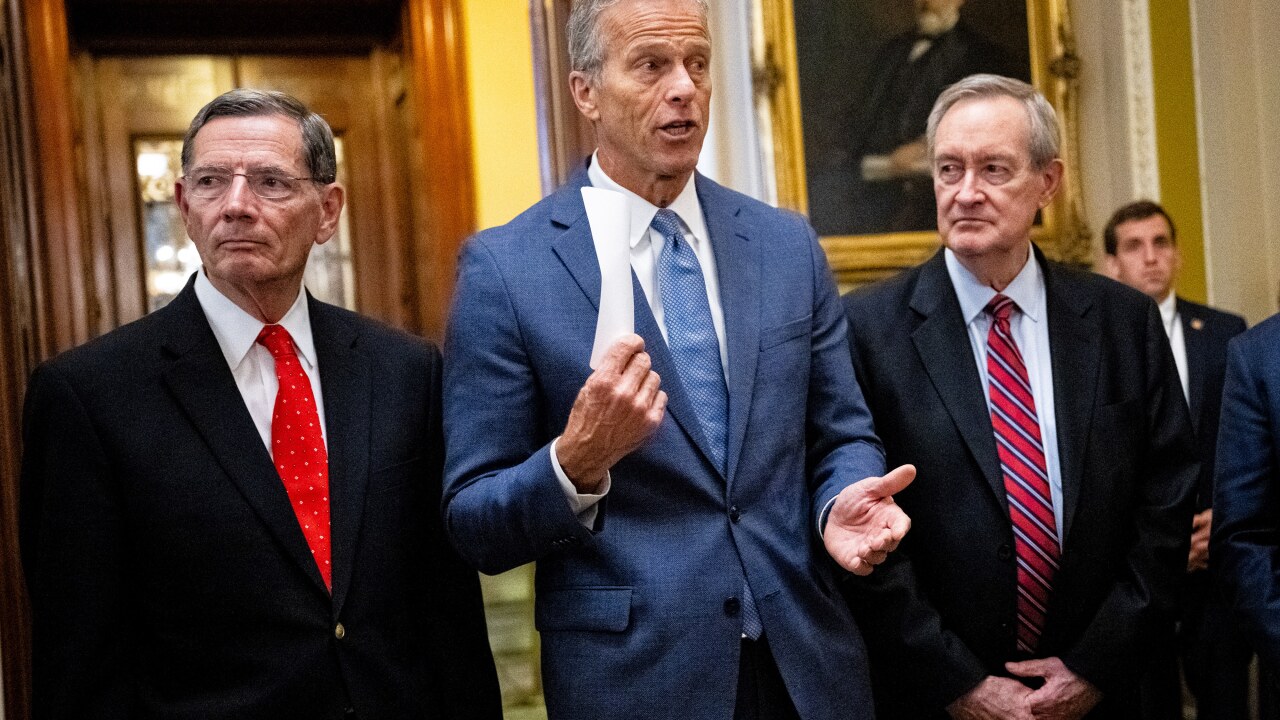Federated Investors is launching a college savings plan with a kicker: a discount on tuition.
Students at participating colleges can see their first tuition bills shaved substantially, based on investments made by parents or grandparents in Federated mutual funds.
The plan calls for cutting tuition by 5% of the investment's value.
If the value of the fund has declined, the bill will be trimmed by 5% of the initial investment.
"It's a very creative way to get parents to save, and a creative way (for Federated) to differentiate itself in a competitive market," said Les Dinkin of NBW Consulting, Westport, Conn.
Federated's plan is designed to alleviate some of the frustration of trying to save for soaring college tuitions, said Len Spalding, senior vice president of Federated Bank and Trust, a trust company subsidiary.
"I don't think anyone has come up with a good way to save for it, other than to save early and save often," Mr. Spalding said. He is the son of Leonard M. Spalding Jr., president and chief executive of Chase Manhattan Bank's mutual fund division, Vista Capital Management.
Under the program, families are limited to a $50,000 investment over five years. Parents or grandparents buy the funds when signing up for Sage Scholars, a Philadelphia-based college application service that charges a $60 membership fee.
So far, 87 schools have signed up with the program, including Ohio Wesleyan, Marymount College, and Drexel University. Federated hopes to have 500 colleges participating nationwide in two years, Mr. Spalding said.
While the program could work for some, observers caution that the plan does have its limits.
Federated's five-year limit for this program is too brief to allow sufficient saving for a child's college education, said Michael T. Ryan, a financial planner at Professional Planning Group, Westerly, R.I.
"Five years doesn't give the time frame to invest aggressively," Mr. Ryan said.
In addition, if a family buys stock funds and the market takes a downturn, five years might not be enough to recoup the losses, he said.
But the fund is still intriguing to many.
"Assuming the funds' return is comparable to others in the market, the discount could be a bonus 'kicker' on the investment," Mr. Dinkin said.





